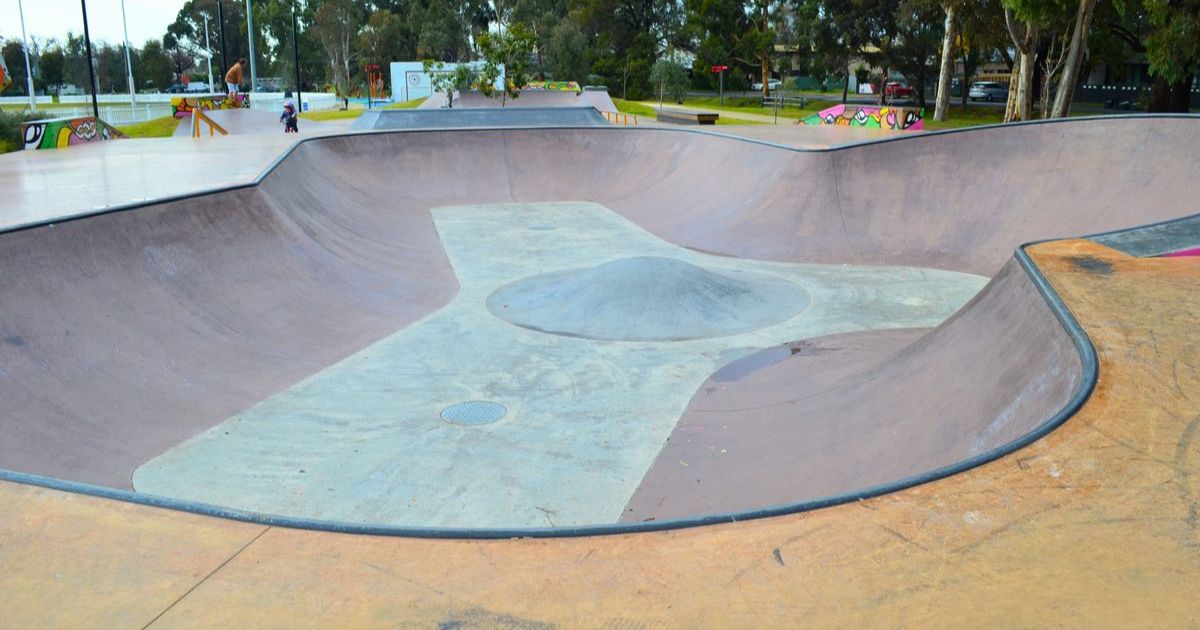Finding forever homes for furry, four-legged friends

Energetic: Little Jackie getting some exercise in the yard at Ballarat Animal Shelter last week. Photo: EDWINA WILLIAMS
THE Ballarat Animal Shelter handles fifty animals a week. Eighty-seven per cent of dogs are reclaimed, and the balance are adopted or unable to be rehomed.
Kathryn Doroshenk-Pempel said eight hundred and eighty cats, and three hundred and thirty-three dogs were adopted from her facility last year, finding their way to the shelter for varying reasons.
“Surrenders are our biggest numbers of animals coming in. The rangers pick up dogs that have been called in as strays, but a worrying trend is the amount of people surrendering adult animals, particularly cats,” she said.
“There’s a lot of domestic violence, homeless people, and social issues attached to why people surrender. It’s not always the animals’ fault why they’re here.”
Ms Doroshenk-Pempel said buying and adopting a dog away from pounds, shelters and breeders can bring unknown, dangerous territory for an owner, and an animal.
Council has closed the Ballarat Animal Shelter until further notice, but when the facility is back open to the public, she encourages individuals and families to engage with its adoption and evaluation processes, to find a four-legged friend that needs a more positive second act, and a happy life they can offer.
The team wants to ensure stays are short, enjoyable and constructive for dogs and cats at the shelter.
“We have staff that are dedicated to understanding each species, which puts us in the best position to be able to work with the dogs, know what type of dog they are and what owner they need,” Ms Doroshenk-Pempel said.
“I’ve developed a passport concept, which tells us about a particular dog. Rather than saying ‘I’m up for adoption,’ it has its likes and dislikes. It’s a reference guide, like a personal identification, reminding people of all the things they need to do for that dog.
“The passports are a lead-in to get the public to understand that they need certain owners. It’s not owners needing pets, they need owners, and because many of them have specific needs, that can be why they’re in the pound in the first place.”
When matching animals to the right people, Ms Doroshenk-Pempel said older dogs have their benefits, and are often easier to home than puppies.

“Ballarat and surrounds have been very supportive of our adult animals. They’re well-adjusted and you know its traits, so therefore, its suitability and fit into your life is probably more a sure thing,” she said.
“Although they can be influenced, generally it’s not growing and changing. Whatever its issues are health-wise, it’s probably already presented. When you get an older dog, it’s at size capacity and you’re already through the most expensive, adventurous phase.
“All of us would struggle with juvenile dogs… We don’t know what the dog’s going to grow into, we don’t know what the capabilities are for a person to train a dog, so there’s a range of unknowns,” she said.
In a perfect world, The Ballarat Animal Shelter would like to be revisiting all the dogs quarterly in their new homes, and offering help to owners who love their animals but don’t have the resources to look after them properly.
“We’re not in a position to offer that until we get a bigger shelter, but that’s something we’d build into a larger organisation. That would be in our program, perhaps helping people who are struggling with integration problems,” Ms Doroshenk-Pempel said.
“We are marching on towards getting a new shelter so we can have areas set up for people in need, so they don’t have to give up on their pets and we can hold them temporarily without financial burden for the family or people involved.”
Visit facebook.com/ballaratanimalshelter for further information about animals, services, volunteering and becoming a foster carer.
“We are desperate for people willing to take juvenile kittens, cats with special needs, and occasionally a dog.”
You can also make contact via [email protected].
The City of Ballarat’s pound services are still in operation, finding and returning stray pets. Call 5334 2075 to collect a pet, or 5320 5500 to contact a ranger.


















